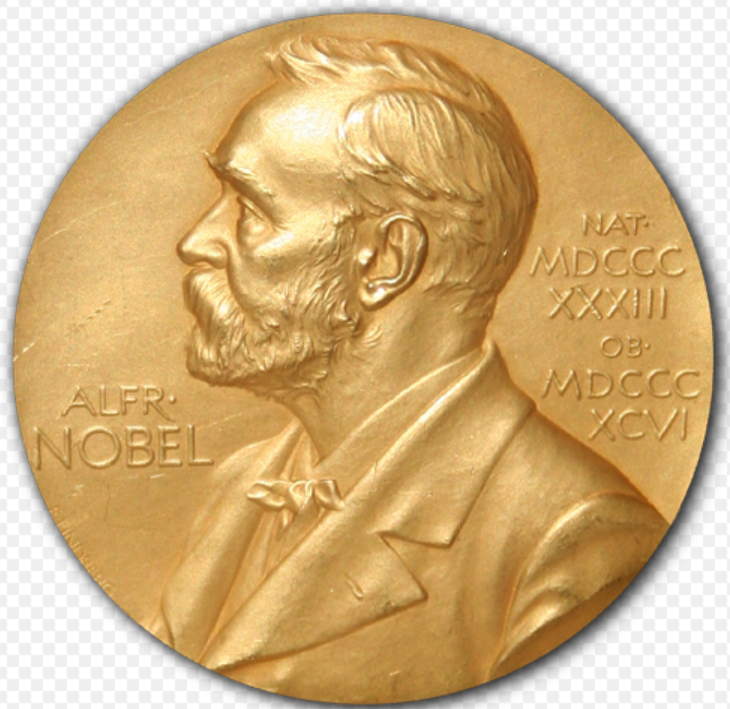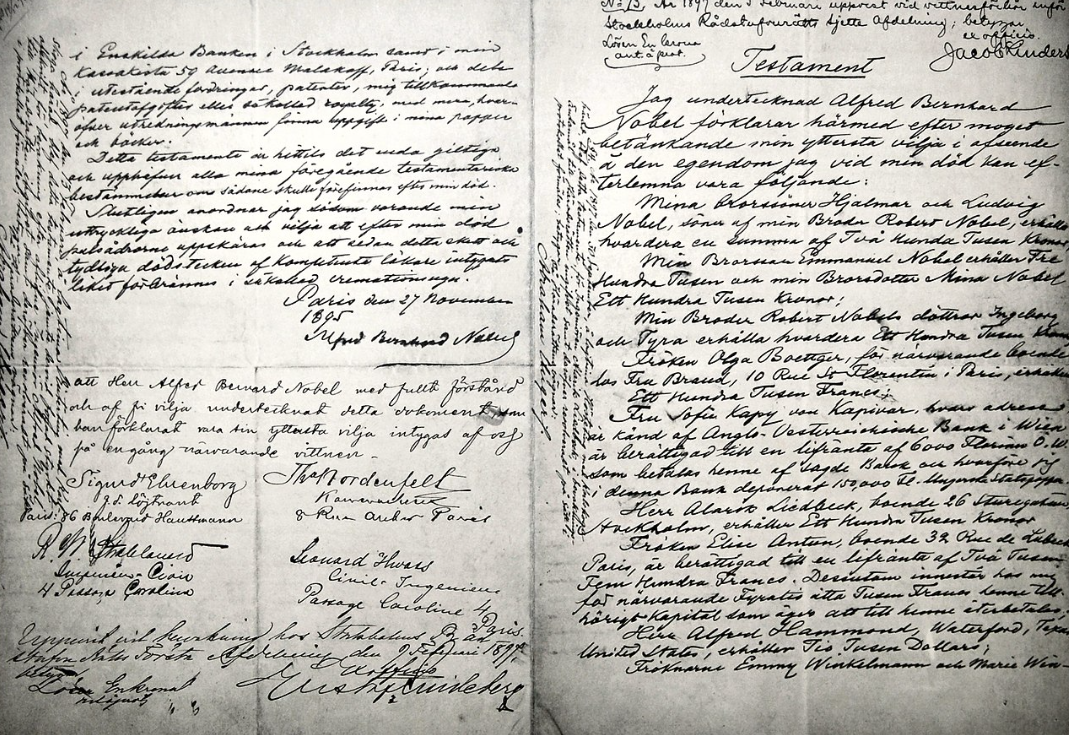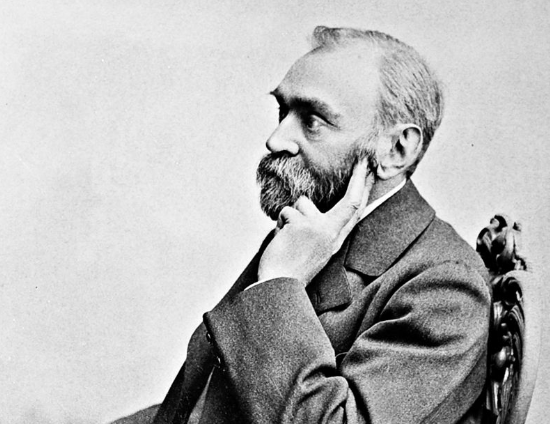
The Nobel Prize is one of the most prestigious awards worldwide, established by Alfred Nobel, the Swedish inventor, engineer, and industrialist, famous for inventing dynamite. In his will, Nobel dedicated his fortune to creating prizes that reward those who have made outstanding contributions to humanity in fields such as Physics, Chemistry, Medicine, Literature, and Peace.These prizes are awarded annually to celebrate discoveries and achievements that have a deep impact on the world, keeping in mind Nobel’s vision to recognise work with visionary benefits for society and encouraging innovation and progress.

Bobel Prize (Photo: Wikimedia Commons)
There is no Nobel Prize for Mathematics
Interestingly, despite the wide range of disciplines that the Nobel honored, he never included mathematics among the prizes. This omission has led to much curiosity and speculation through the years, especially taking into consideration mathematics’s critical role in science and technology.
Why is that
Understanding why there is no Nobel Prize specifically for mathematics requires a look at history, the prize’s original intentions, and the development of alternative awards that recognize mathematical brilliance.Alfred Nobel’s decision not to include mathematics in his prize categories was deliberate, though the exact reasons remain a mix of historical context and speculation. One of the strongest explanations is that Nobel wanted to reward disciplines that had immediate and practical benefits to humanity, such as medicine and physics, whereas mathematics was seen as more abstract and theoretical at the time, according to the University of Waterloo.

Alfred Nobel’s will
Popular myths suggest personal reasons, such as a rivalry or jealousy involving Nobel and mathematicians, but according to historical research, there is no solid evidence supporting these stories. Nobel never married, although he had a mistress, and the tales about a love triangle or professional jealousy have been debunked, according to scholars documenting Nobel’s life and will.Additionally, some historians propose that since prestigious mathematics awards already existed, like those established by Swedish mathematician Gösta Mittag-Leffler, Nobel may have thought it unnecessary to create another competing prize in that field.
Mathematicians have been recognised for the Nobel Prize
Despite the absence of a dedicated Nobel Prize, mathematicians have been recognized under Nobel-related categories. For example, John Nash, awarded the Nobel Memorial Prize in Economic Sciences for his work in game theory, demonstrates that mathematical insights are valued when they have practical, real-world applications.

Alfred Nobel established the Nobel Prize
Maths community has its own awards
In response to this gap, the mathematics community developed its own distinguished honours. The most famous is the Fields Medal, instituted in 1936 and often called the “Nobel Prize of Mathematics.” The Fields Medal is awarded every four years to young mathematicians under 40 who have made significant contributions, aiming to recognise both achievement and future promise, according to the International Mathematical Union and Wikipedia. Unlike the Nobel Prize, it has an age limit and awards multiple recipients every cycle.
The Abel Prize is also a revered honour in the field of Maths
The Abel Prize, established in 2002 by the Norwegian Academy of Science and Letters, was designed as an annual international prize more directly comparable to the Nobel. It honours lifetime achievement without age limits and has a monetary reward similar to the Nobel Prize. The Abel Prize is widely regarded as the closest equivalent to a Nobel in mathematics.




